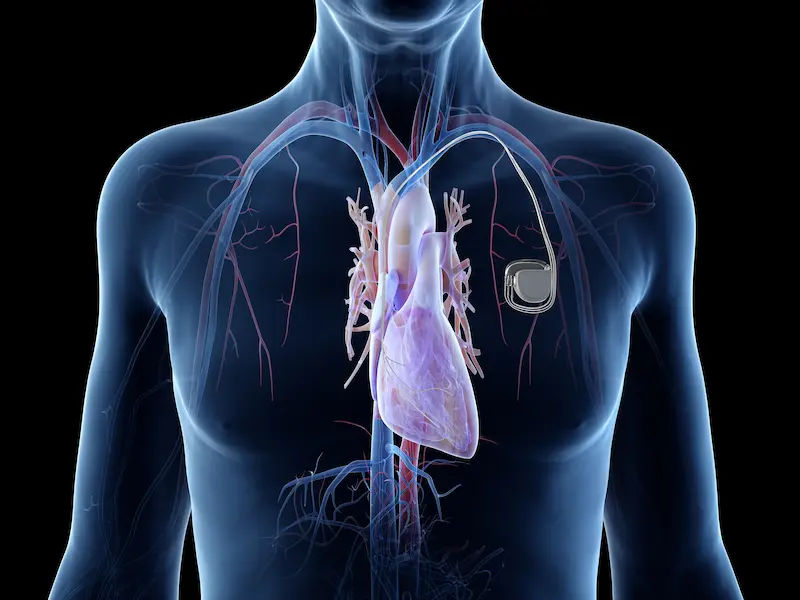- Female
- 45 Years
- 22/01/2025
I'm really worried about some recent health reports I've got. My TSH levels were high at 10.3, so my doctor increased my thyroid medication from 100mg to 125mg. Then after about 25 days, my TSH dropped to 0.70, and I was advised to cut down the medication to 75mg. I'm also confused because my TMT test came back positive for inducible myocardial ischemia, but my ECG and echocardiography were normal. The doctor is now suggesting I go for an angiogram. I'm really anxious about whether these thyroid level changes could be affecting my TMT results. Should I be rushing into getting the angiogram, and is there a real chance of having heart issues even though the ECG and echo were normal? Any advice would be really appreciated.
More Cardiology Health Queries
View allIf my ECG and TMT tests are normal, could there still be a risk of heart issues? Also, how long is the TMT test considered valid?
nothing will happen.
read more![Doctor 1]()
![Doctor 2]()
Answered by 1 Apollo Doctors
My dad's been taking Angised tablets, and I'm curious about what they do and any side effects we should look out for. Can you give me a rundown on how safe they are? I'm a bit worried about him taking new medication, and I just want to make sure we're informed.
it helps in preventing angina.
read more![Doctor 1]()
![Doctor 2]()
Answered by 1 Apollo Doctors
My final diagnosis shows mitral annular calcification with concentric LVH and RWMA in the LCX territory. There's mild LV dysfunction with an LVEF of 49%, trivial MR, and grade 1 diastolic dysfunction. No TR or PE was noted. Do I need surgery for this, or what treatment options should I consider? I'm 65 and a bit worried about the next steps.
Given your diagnosis of mitral annular calcification, concentric LVH, RWMA in the LCX territory, mild LV dysfunction (LVEF 49%), trivial MR, and grade 1 diastolic dysfunction, you don't necessarily need surgery for the mitral annular calcification itself. The focus should be on managing the LV dysfunction, coronary artery disease (CAD), and potential issues related to the RWMA.
read more![Doctor 1]()
![Doctor 2]()
Answered by 1 Apollo Doctors
Disclaimer: Answers on Apollo 247 are not intended to replace your doctor advice. Always seek help of a professional doctor in case of an medical emergency or ailment.





_2.webp)
